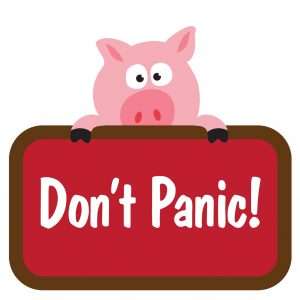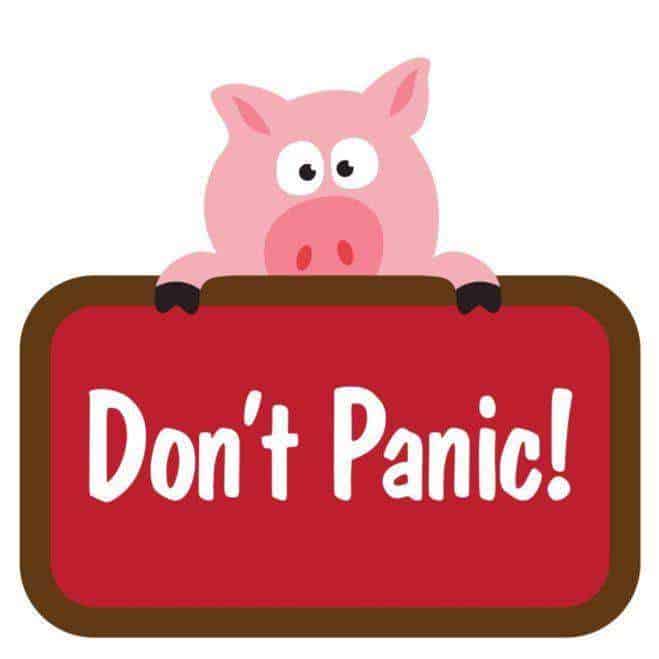
This article will discuss three major topics relevant to health while traveling long term which are:
- Necessary steps to prepare for being sick while traveling
- How to prevent many potential medical problems while traveling
- Management of medical conditions as they happen while traveling
So without further ado, let’s start:
Preparation to being sick while traveling
Get on the road well
Long term travelers usually spend a short time at their home base, so make sure this time counts since our home base is usually the most convenient and cost effective place to go through medical procedures.
Use your time at home to undergo regular health check-ups and blood tests before you get back on the road. It is important to pay careful attention to the slightest symptoms that may become an issue later, e.g. tooth aches and so on. People who don’t travel can afford to dismiss symptoms since they have their doctor accessible at any given time, but it is not smart for long term travelers to have the same approach.
Equip yourself
Use your time at home to reequip on most important medicines such as antibiotics, diarrhea pills, etc. and equip with medicine based on where you go. For example pills for stomach pain are more relevant if you go to destinations in the developing world like India compared to Europe. It is also recommended to take a standard first aid kit with you and learn in advance how to use it.
Vaccinations and prior Research
It is always good to get informed in advance about the specific health hazards such as Malaria, dengue fever in your destination and prepare in advance with medicines, and Vaccinations. Those risks should also influence your behavior while traveling and the timing you arrive to each place to reduce the risks. Take into account that some vaccinations often require a follow up vaccination, so be sure to start the process well in advance. Always consult with your doctor about the specific health risks in your destination region and consult about the necessary vaccinations with them. It is also recommended to get informed with online resources such as CDC. Do not get on the road without getting necessary vaccines. Not only do some countries such as Bolivia will prevent you from entering if you don’t show them proof of getting vaccines but more importantly, the diseases the vaccines prevent are so severe that you have no other option but spending the time and money on this process.
Insurance
Don’t think twice about buying a good quality insurance, as it will allow you pick the best hospital and doctor in case your health deteriorates. Have a printout of your policy always accessible, including the phone number of your insurer so you don’t have to start searching for the policy in the worst timing when you get sick.
Steps to prevent being sick on the road
Food and Drink
Be sure to always eat in clean restaurants which are packed with locals, as it is an indicator of high quality food. Empty restaurants are either problematic on health or are overpriced, so try avoiding those.
Switch to mineral water in developing countries, and be aware to the risks of non boiled water used in your food as well. Here is a good info-graphic with where water is safe to drink around the world.
General recommendations
Always Practice safe sex. Also, be aware that to height disease in places above 2,000 meters and make sure to have enough time to give time for your body to acclimatize by not speeding to the highest locations, ascend gradually.
Avoiding injuries
Be aware and take necessary precautions such as not wandering drunk at night in places with a high crime rate and don’t resist violent robberies. Choose the best transportation companies available while traveling between cities in countries that are prone to accidents due to road conditions and topography (Peru with its mountain roads comes to mind). When experimenting with extreme sports such as paragliding and rafting, choose the best service provider and happily pay a premium for extra safety. Avoid risky situations as much as you can, statistics catches up on you in the end…
Healthy lifestyle
If you exercise and keep yourself fit and eat nutritional food, you will be much less prone to injuries and sickness. Go for a swim or a run once a week, walk as much as you can, climb up the stairs. It is also essential for your health and immune system to eat nutritional food, drink lots of water and sleep well. Keep a check on your alcohol intake as well. Your body is like a car, if you maintain it well, it will thank you in turn by not breaking down on the road.
Managing and dealing with sickness
Awareness to your body and symptoms when those happen
In case you are starting to feel bad, do not simply ignore it. Visit Medical forums and google your symptoms so you can know more about what’s happening and take better decisions. This is especially important where communication with doctors is tough, in order for you to make sure you are picking the right time to visit a doctor and supplying them with relevant information. As a side note, many of the pharmascists who work in Pharmacies are also studying medicine and since they are young, they usually speak great English. When I have a medical situation (especially if it is not severe), I always head to a pharmacy and try my luck there with consultation from those attending.
Find a good Hospital and doctor
Do some online research to find the best Hospitals and clinics while also making sure to ask locals for their recommendation. It is also great to receive a recommendation and introduction from locals to a specific doctor as this will make the process faster and will probably also decrease your spending as some institutions regard sick tourists as a great income source and overcharge them.
Work with your insurance company and doctor at home
Talk to your insurance company about which hospital and doctor to choose. Try to get phone consultation from their on-duty doctors for a diagnosis. When receiving treatment , make sure to connect the hospital with your insurance company. Keep record of all your bills and receipts in order to get reimbursed. One more thing you should consider doing is calling family doctor from abroad and ask to consult with them about a situation, they know your medical history best to help you make some decisions. New private and HMO services also allow you to consult with a doctor using a video call where you can show them the symptoms. This is especially valuable if communication is difficult where you are and the quality of doctors is low.
Give yourself a break
It is a good idea to take it easy when sick, and not spare any expense on medicine, food and accommodation. If necessary, call a doctor to visit you at your home.
Avoid unnecessary travel
Try not to travel while being sick unless absolutely necessary. Travel will wear you down and delay your recovery. Not to mention that it is also unfair to the fellow travelers to share a bus with you in case you have a severe flu.
Rely on others you trust
There isn’t a time you need your local friends support more than when you are sick. Having a friend by your side while being sick doesn’t only provide you with physical and emotional support but also allows you to deal with local bureaucracy and language gaps.
That’s one more reason to invest in good relationships with locals while traveling other than the benefit of having someone to spend time with. If you don’t have a local friend, be in touch with a friend or a family member regularly on Skype and ask them to check up on you. Surprisingly, today with the internet, even a remote friend can help quite a bit.
Time to go Home
If your condition is not getting better, it is sometimes best to take a break and get back home to your friends and family. Use the time at home to recover and get complete treatment before you get back on the road again.
Hopefully these tips will not scare you too much, getting sick is part of life and getting back on the road after a health issue is sweet! Happy Travels!



Feeling you on the last tip … a trip home after 14 months is just what I need right now!
That’s what home is for 🙂
Enjoy!
Staying healthy traveling is the #1 way to have a good trip. I drink a coke after every sketchy meal and it has worked every time! haha. https://www.beenbitten.com/international-travel-tip-6-reasons-to-use-a-coke-chaser-when-eating-abroad/